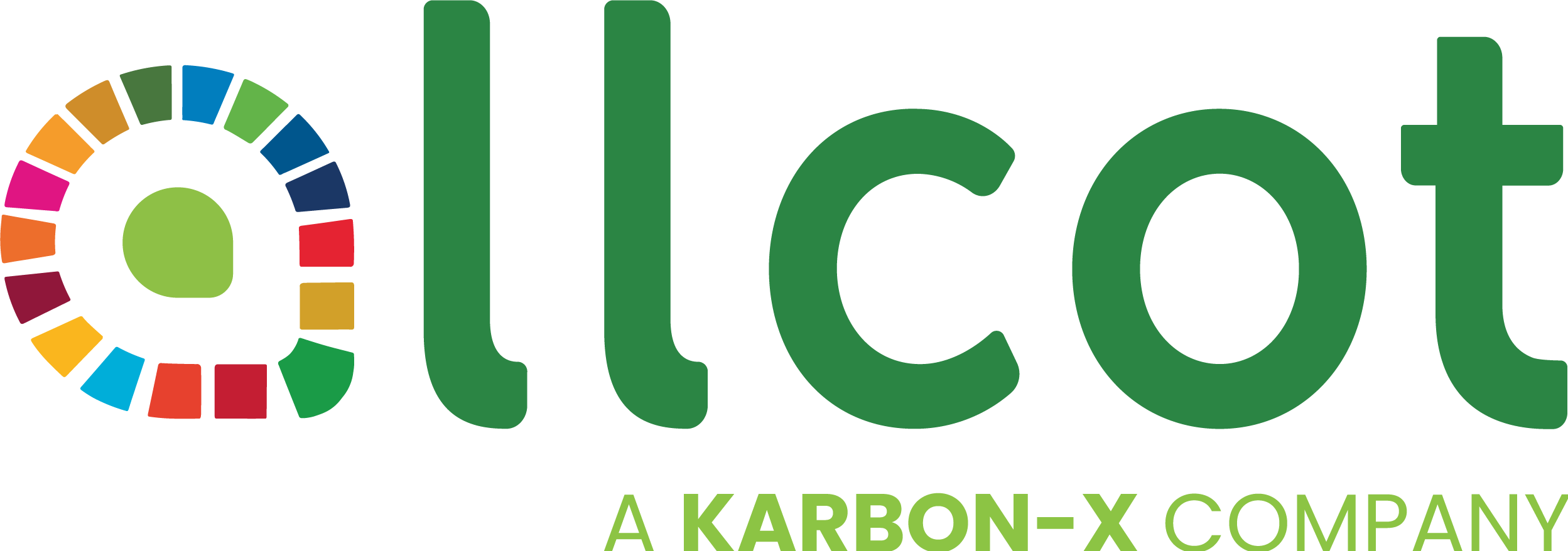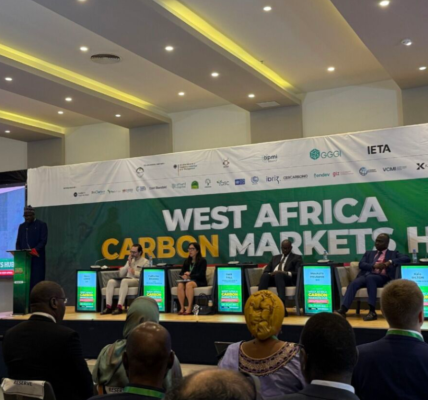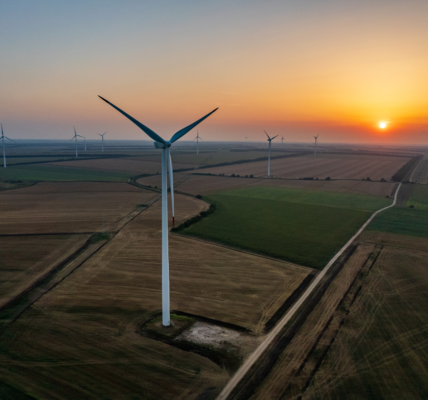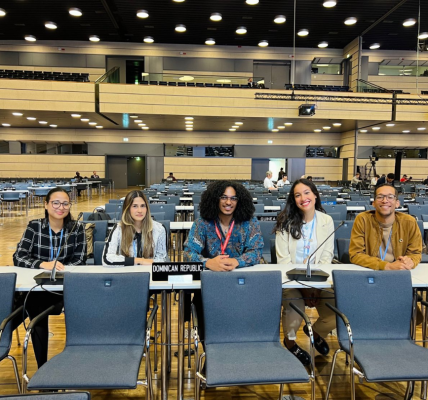The “African Cookstoves Initiative Programme of Activities” is a programme that aims to improve the air quality of communities in West Africa, particularly in the coastal communities of Senegal, where smoked fish and seafood is a vital source of food and income.
It is known that communities have problems obtaining efficient technologies regarding cookstoves and dryers. The program goal is to distribute and install improved cookstoves (ICS) in households, schools and amongst street food vendors that are currently using inefficient cooking appliances, as the traditional method of smoking the fish poses serious health problems for individuals.
In accordance with the Clean Cooking Alliance, the number of people affected by Household air pollution (HAP) in Senegal is 7,686,572. HAP contributes to a range of heart and lung diseases, and there is emerging evidence that it plays a role in negative birth outcomes in the country. Cleaner, more modern stoves and fuels can reduce emissions and lessen the burden of disease associated with HAP.
The percentage of population of Senegal using solid fuels for cooking is 56%, which implies that 45% of the country is deforested. Deforestation is mostly the result of clearing for fuelwood, charcoal, and logging.
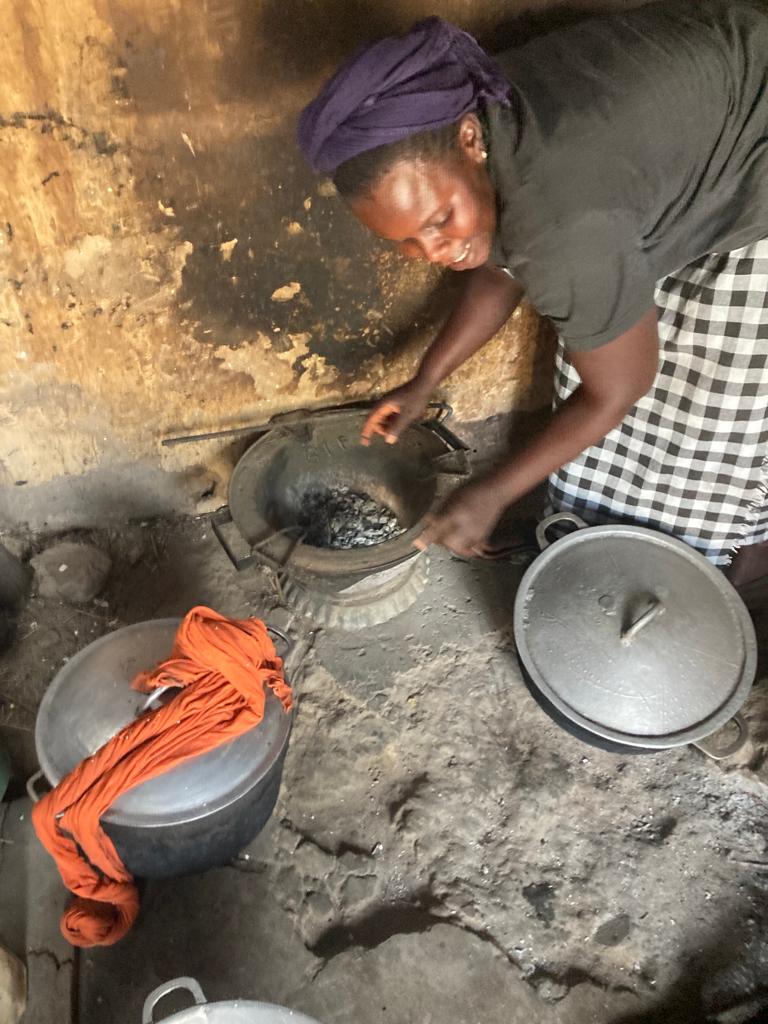
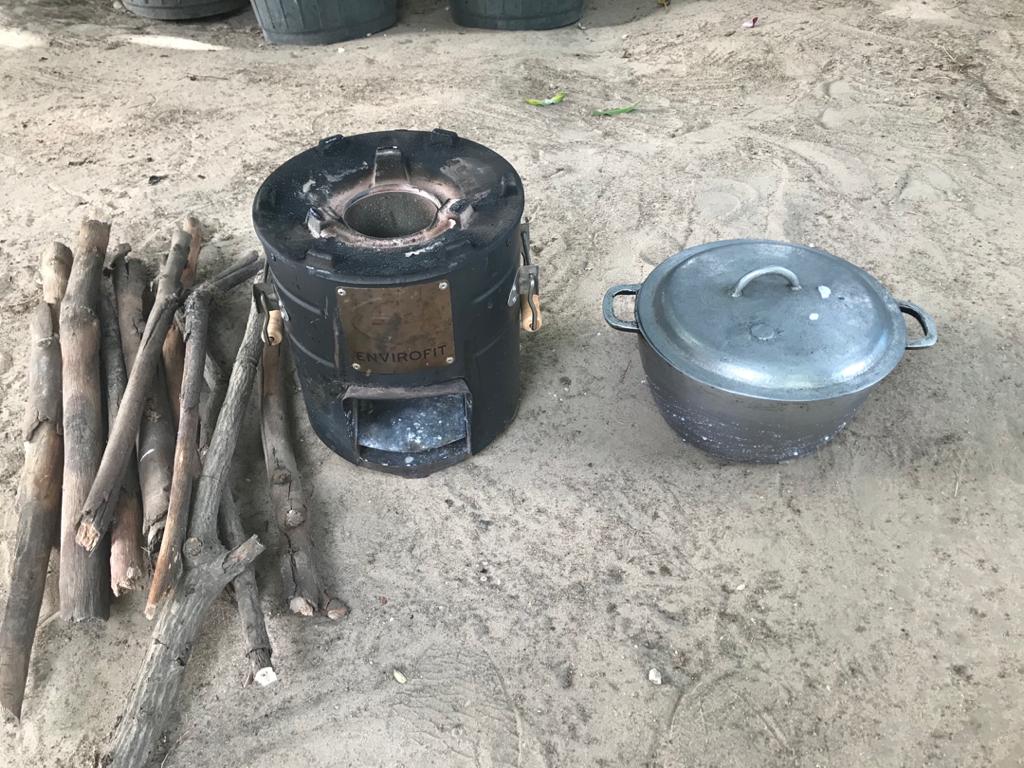
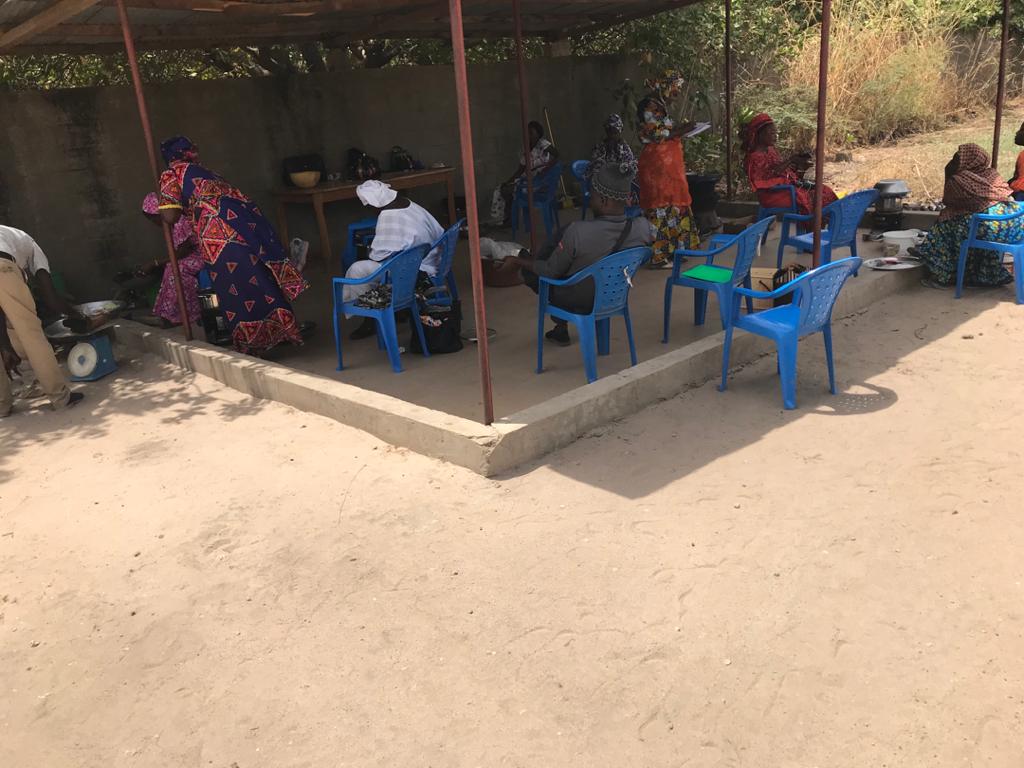
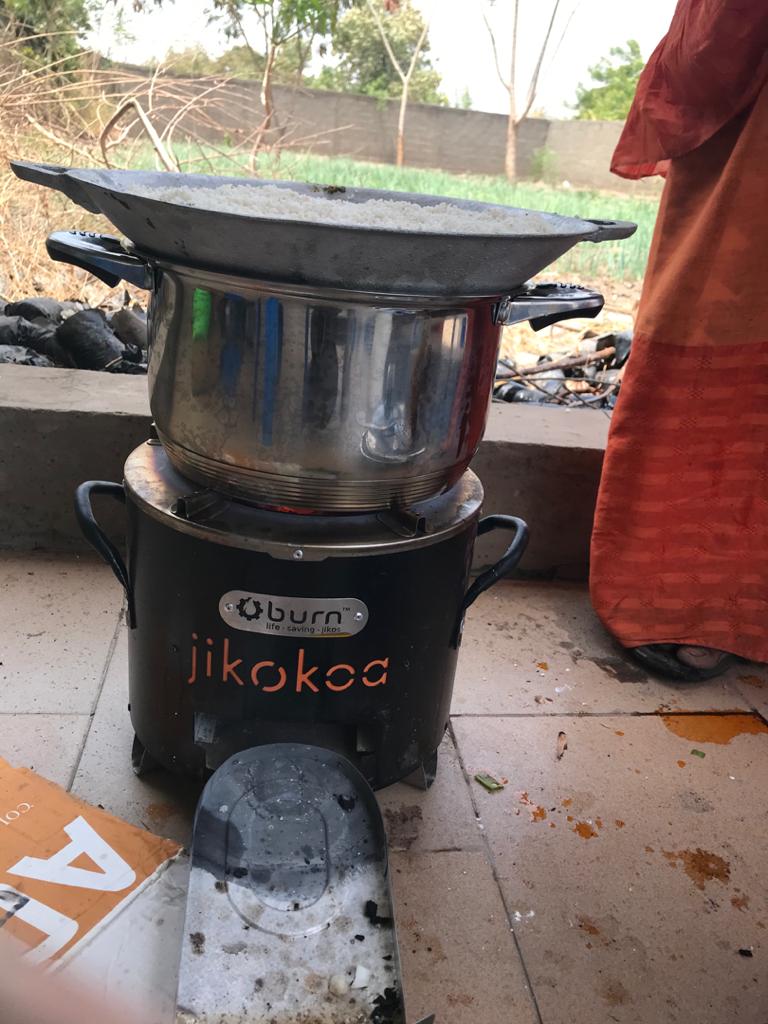
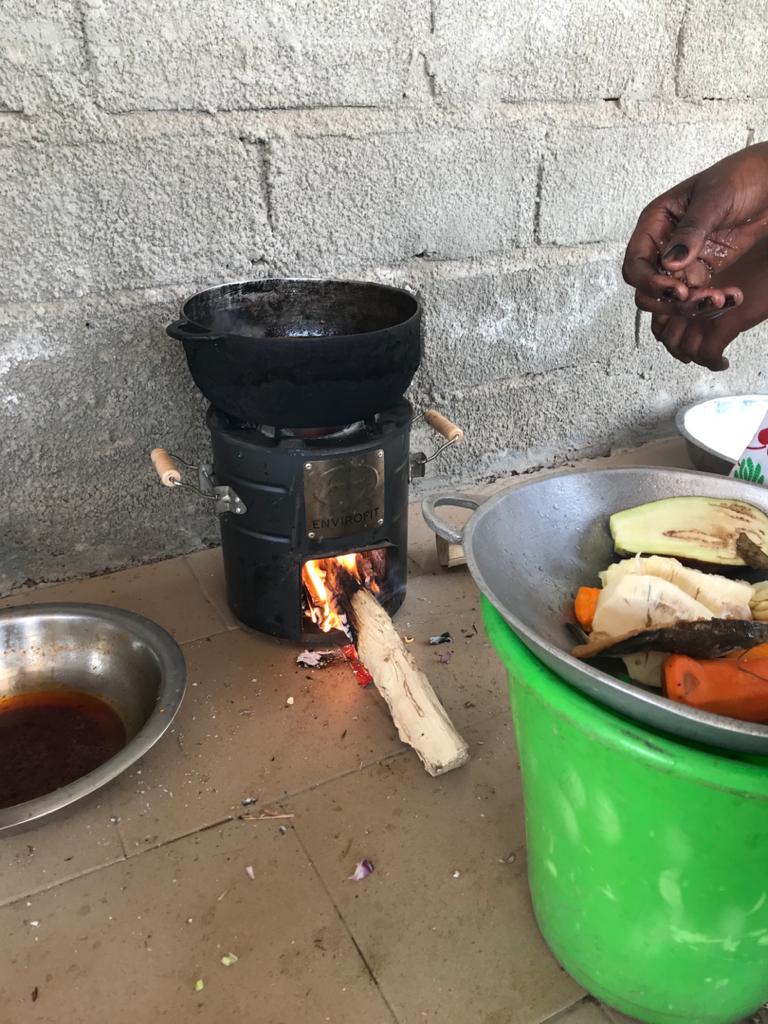
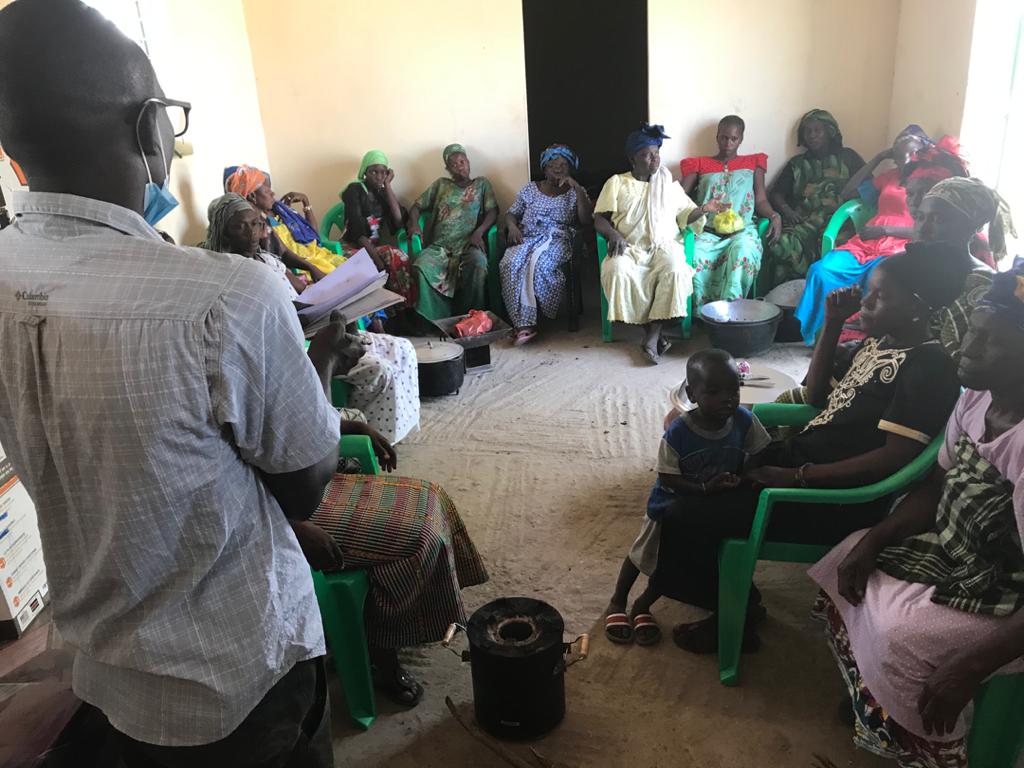
The use of ICS will reduce global greenhouse gas emissions by reducing the quantity of non-renewable biomass consumed as cooking fuel. The thermally-efficient fish dryers will also have a direct impact in the communities, reducing the drudgery of fish processors, who will be less exposed to heat and smoke, and reducing the amount of firewood needed as fuel and will thus relieve pressure on local forests.
Therefore, the benefits of cookstove distribution and its impact on communities can be summarized at three levels:
- Environmental/Economic: The cookstoves are more efficient than the traditional way in which communities usually cook. Not only does this reduce the emissions sent to the atmosphere, but this also translates into a decrease in fuel consumption and therefore savings in the purchase of fuel (purchase of coal).
- Time: On the one hand, the efficiency of the cookstoves means less time needed to cook, which means saving time that can be used for other activities, either productive or dedicated to education, for example. On the other hand, in the case of using firewood as fuel, and linked to the previous idea, less fuel needed means less time spent in firewood collection activities.
- Health: The stoves have better combustion and better smoke exhaust, which translates into improvements in their health by not breathing so much harmful smoke.
The programme was first registered on December 30th, 2020, and will go on until march 25th, 2048. During the first stage, the programme will be implemented in Senegal and Ivory Coast, and during the second stage, in Guinea, Guinea Bissau and Kenya.
If you are interested in developing projects with us, please reach out to origination@allcot.com and together we will continue to fight climate change.
